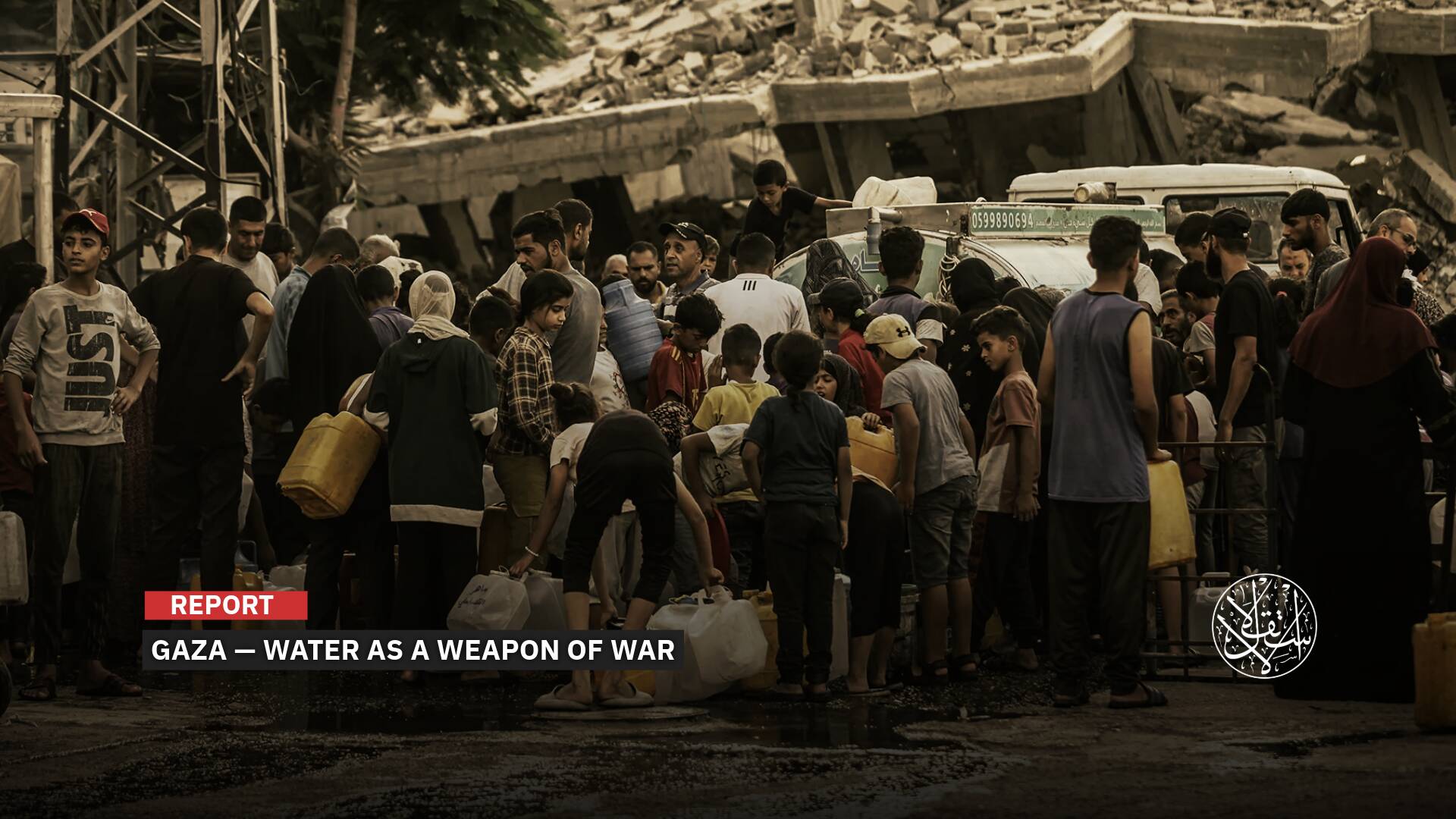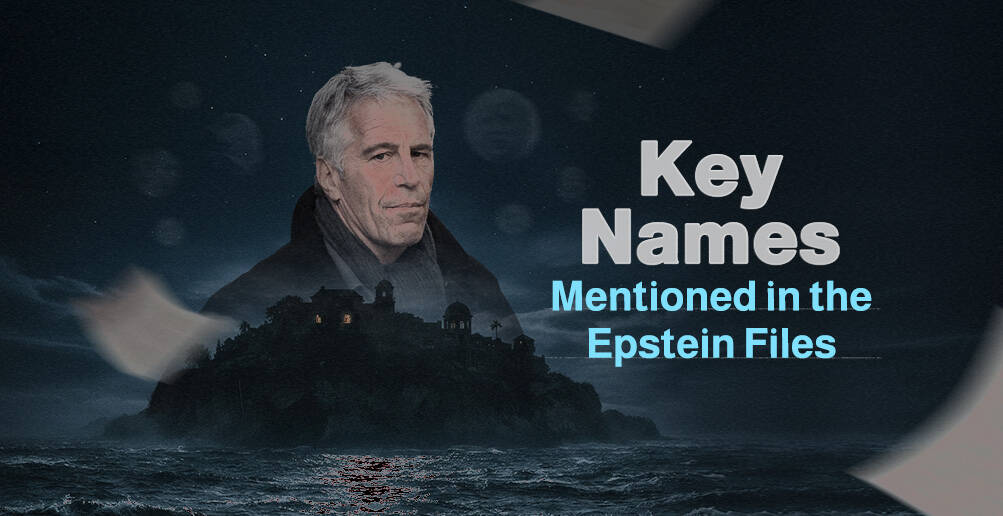How Did the World Go from Global Warming to Global Boiling?

The era of global warming has ended and “the era of global boiling has arrived,” the UN secretary-general, Antonio Guterres, has said after scientists confirmed that July was on track to be the world’s hottest month on record.
“Climate change is here. It is terrifying. And it is just the beginning,” Guterres said. “It is still possible to limit global temperature rise to 1.5C [above pre-industrial levels] and avoid the very worst of climate change. But only with dramatic, immediate climate action.”
“Humanity is in the hot seat,” Guterres told a press conference. “For vast parts of North America, Asia, Africa, and Europe, it is a cruel summer. For the entire planet, it is a disaster. And for scientists, it is unequivocal—humans are to blame.
“All this is entirely consistent with predictions and repeated warnings. The only surprise is the speed of the change. Climate change is here, it is terrifying, and it is just the beginning. The era of global warming has ended; the era of global boiling has arrived.”
Alarming Report
Guterres cited a new report by the World Meteorological Organization and the Copernicus climate change service that suggested July 2023 could be “the hottest month ever.”
The report indicated that the global temperatures in July were “exceptional” and likely surpassed the previous records even before the end of the month, according to Carlo Buontempo, the director of the Copernicus Climate Change Service (C3S).
He added that these temperatures “may be unprecedented for about 100,000 years” based on indirect climate data such as tree rings and ice cores.
Guterres said that this reality was not unexpected but rather consistent with the scientific predictions and warnings, yet what was surprising was “the speed of change.”
“Climate change is here, and it is terrifying, and this is just the beginning,” Guterres pointed out, urging for swift and strong actions to curb the emissions that cause the Earth’s temperature to rise.
He also called the current summer “a disaster for the entire planet,” as it has been “harsh” for large parts of North America, Africa, and Europe.
But what does “global boiling” mean, and is it a scientific term? Climate researcher Amr Mohamed said to Al-Estiklal that what the world is witnessing today is climate change, or what is called “global warming,” but not “global boiling.”

Mohamed said that this term is very new, and it does not reflect a sudden shift from one stage to another, more severe and dangerous, but rather a gradual change that can be seen in the data, where every year is hotter than the previous one.
According to Mohamed, the world is not living in a stage of “boiling” in the scientific sense of the word, as heat waves are not new phenomena, and there will also be cold waves in contrast, which are “the actual translation of climate change.”
“Guterres’ talk about ‘global boiling,’ although not a scientific description, aims to warn of the existing danger, ‘as he does constantly,’” Mohamed mentioned.
“In previous years, the UN Secretary-General used more than once the term ‘red alert’ or ‘extreme alert’ in the context of describing his climate crisis. And this does not mean that we will die tomorrow,” Mohamed added.
Mohamed concluded by saying that countries must start their commitments today so that the world can reap results after 20 or 30 years.
Accordingly, Mohamed calls for dealing with what was said by the UN Secretary-General as an “alarm to start taking real actions.”

‘Hottest Day of Earth’
The warnings came as new data showed that July 6 was the hottest day on Earth since global average temperatures were first calculated in 1979, reaching 17.18 degrees Celsius (62.92 degrees Fahrenheit), according to the US Centers for Environmental Prediction.
The World Meteorological Organization also revealed that the eight years ending in 2022 were the hottest ever recorded and that there was a high likelihood of global temperatures temporarily exceeding 1.5 degrees Celsius above pre-industrial levels for one year at least from the next five years.
This is the limit set by the Paris Agreement to avoid the worst impacts of climate change.
Climate experts say that reaching this stage was expected and predicted since the 1990s when scientists warned about global warming and the need to cool down the air masses that heat up the planet.
Doumit Kamel, an environmental scientist who has been following the issue of climate change since 1975, said that President Biden’s description of the climate reality as an “existential threat” was “very accurate” based on what the most important research centers in the world show, including NASA.
He added in media statements that global warming was heading to pose a greater danger in the coming years, raising questions about whether all lands would be habitable for humans.
Many areas would be uninhabitable due to drought, desertification, and high temperatures, according to Kamel.
Kamel also praised the initiative undertaken by U.S. climate envoy John Kerry, who called for the establishment of committees around the world to confront global climate change during his dialogue with China.
“This matter, with what it has reached in terms of seriousness, needs scientific emergency and intensive efforts, especially in the next five years, during which we would witness unprecedented global warming,” he noted.
The world is currently experiencing a transition from the phenomenon of La Nina, which is associated with cold weather patterns, to the phenomenon of El Nino, which is associated with hot weather patterns.
The World Meteorological Organization stated that the phenomenon of El Nino occurs on average every two to seven years, and bouts usually last from nine to 12 months.
It is a natural climate pattern associated with rising surface temperatures in central and eastern tropical regions of the Pacific Ocean, but it occurs in the context of climate change caused by human activities.













